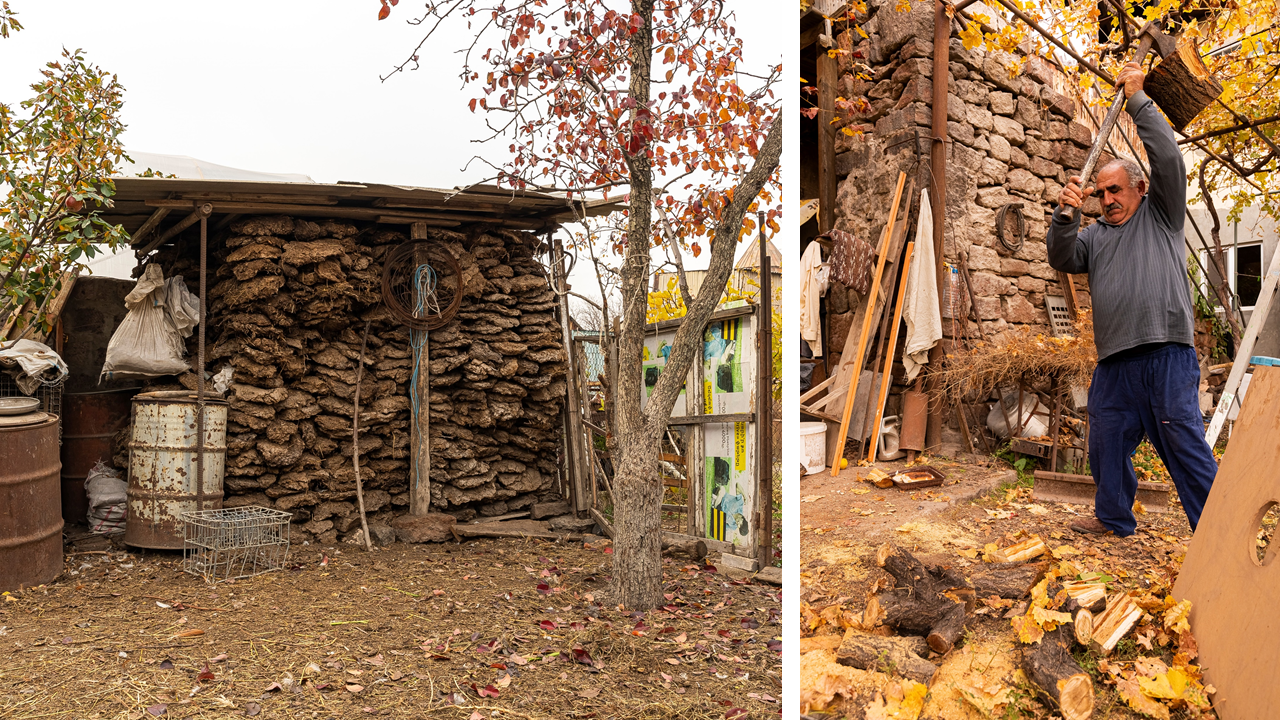Podcast: Fuel wood and deforestation in Armenia
Men in rural Armenia might spend 60 days per year preparing dung and collecting wood; many women spend 10 hours per day ‘managing’ the wood stove.
In rural Armenia, people are deeply conscious of the value of forests for things like being a source of food and protecting the ground from erosion, particularly when the snow melts after long, cold winters.
But they also rely heavily on wood for heating their homes, cooking and doing other household chores. With no natural gas connections and little access to renewable energy sources, they turn to what they see out the window – trees and dung – even as forests disappear before their eyes.
On average, men in rural Armenia spend 60 to 120 days per year preparing dung and firewood.
In a second podcast exploring the energy transition in Armenia, EnAct learns that while collecting wood and preparing dung account for a substantial amount of men’s time, traditional knowledge and family roles mean women are the day-to-day ‘managers’ of household energy – a role that leave them ‘time poor’.
Taking an ‘energy cultures approach’, Alyssa Bougie, an M.Sc. Graduate in Landscape Ecology from the University of Hohenheim (Germany) surveyed >200 rural homes to understand their energy knowledge, habits and norms.
A key challenge, according to Astghine Pasoyan, Executive Director of the Energy Saving Foundation, is that traditional knowledge and family roles make it difficult to introduce new technologies or more sustainable practices.
To read more about cultures of energy in Armenia, check out our blog by Alyssa Bougie: Energy Transitions in Armenia
Or listen to our first podcast: Tackling high rates of energy poverty in rural Armenia
EnAct is grateful to the following agencies for financing and support to report on energy poverty in rural Armenia.









